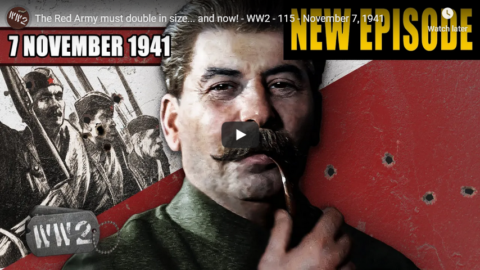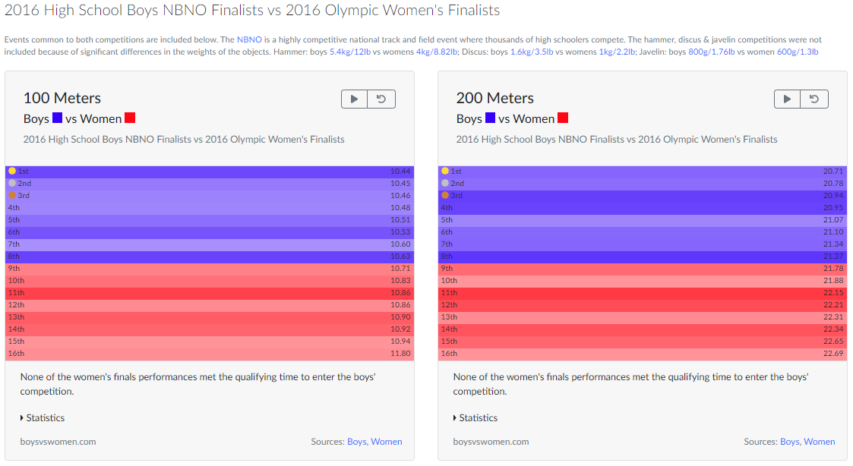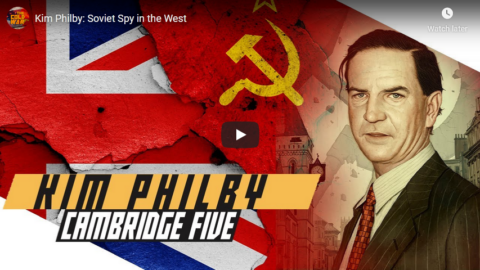World War Two
Published 7 Nov 2020Don’t miss the special announcement of our new exciting collaboration at the end of this episode!
Register for free at World of Warships here: https://wo.ws/PearlHarbor and receive a special in-game package worth €25, including the ships USS St. Louis, Japanese Cruise Tenryū – and more bonuses.
In this episode:
There is a lull now on the Eastern Front, and Adolf Hitler uses the time to plan another drive on Moscow and points beyond, but he’ll be facing a larger Red Army, as reinforcements and recruits hope to nearly double its size in a matter of weeks. The British are counting down the days to their upcoming North African offensive, and the Japanese are sending out orders that will change the world dramatically in a single morning.Listen to Josef Stalin’s November 6th speech here: https://www.marxists.org/reference/ar…
Join us on Patreon: https://www.patreon.com/TimeGhostHistory
Or join The TimeGhost Army directly at: https://timeghost.tvFollow WW2 day by day on Instagram @ww2_day_by_day – https://www.instagram.com/ww2_day_by_day
Between 2 Wars: https://www.youtube.com/playlist?list…
Source list: http://bit.ly/WW2sourcesWritten and Hosted by: Indy Neidell
Director: Astrid Deinhard
Producers: Astrid Deinhard and Spartacus Olsson
Executive Producers: Astrid Deinhard, Indy Neidell, Spartacus Olsson, Bodo Rittenauer
Creative Producer: Maria Kyhle
Post-Production Director: Wieke Kapteijns
Research by: Indy Neidell
Edited by: Miki Cackowski
Sound design: Marek Kamiński
Map animations: Eastory (https://www.youtube.com/c/eastory)Colorizations by:
Dememorabilia – https://www.instagram.com/dememorabilia/
Cassowary Colorizations – https://www.flickr.com/photos/cassowa…
Klimbim – https://www.flickr.com/photos/2215569…
Daniel Weiss
Julius Jääskeläinen – https://www.facebook.com/JJcolorization/
Carlos Ortega Pereira, BlauColorizations – https://www.instagram.com/blaucolorizations
Mikołaj UchmanSources:
Bundesarchiv
Arkiv i Nordland
Narodowe Archiwum Cyfrowe
IWM C 4748, E 6661, WPN 298, E 6724, MH 9292, E 3469E, E 7008, E 759C
Picture of Alfred Godwin-Austin, courtesy of Berserker276 https://commons.wikimedia.org/wiki/Fi…
from the Noun Project: company soldiers by Andrei Yushchenko, Bell by wahyakupSoundtracks from the Epidemic Sound:
Reynard Seidel – “Deflection”
Johannes Bornlof – “Deviation In Time”
Rannar Sillard – “March Of The Brave 4”
Bonnie Grace – “The Dominion”
Johan Hynynen – “Dark Beginning”
Johannes Bornlof – “The Inspector 4”
Fabien Tell – “Last Point of Safe Return”
Hakan Eriksson – “Epic Adventure Theme 3”Archive by Screenocean/Reuters https://www.screenocean.com.
A TimeGhost chronological documentary produced by OnLion Entertainment GmbH.
From the comments:
merdiolu81
22 hours ago (edited)
Meanwhile, on 30 October, Stalin had raised a casual question. “How are we going to do the military parade?” That was the great, traditional 7 November Red Square parade, the celebration of the 1917 “October” Revolution, which had taken place on 24-5 October, Old Style — 6-7 November, New Style. General Pavel Artem’ev, who had been commander of the Moscow Military District and had taken command of the Moscow defence zone as the critical phase began, on 12 October, said it could not happen. Yes, it would, said Stalin. If there was a German air raid, the dead and wounded should be removed quickly, he added. It would happen. The risk was considerable. The potential political response was devastatingly positive, and worth the risk. The “Boss” had his faults (aside being a brutal tyrant) , but this was the decision of a leader. The parade would take place, and the troops, guns and armoured vehicles would then proceed straight to the front. It was a stroke of genius. The military effect would be compounded by the media and political effect. As always, everything was kept secret until the last moment. The officers involved did not receive their final briefing until 02.00. Stalin liked surprises, as most dictators do.On 7 November, at 08.00 hours, just after dawn, under a steely, overcast Russian sky, with rimy air on the brink of freezing and snow beginning to fall, the troops marched south-east down the “square”, towards St Basil’s Cathedral and the Moskva river, beyond. Red Square, which owes its name to the old Slavic word for “beautiful”, and not to communism at all, is not really a square, either. It is a wide cobbled boulevard, running past the north-east wall of the red-brick, triangular Renaissance fortress. St Basil’s Cathedral is the onion-domed fantasy built for Ivan the Terrible. He was so delighted with it that he had the architect’s eyes put out, so that he could not build for anybody else anything so whimsically fantastic and beautiful. Stalin admired Ivan. The Germans were coming from the north-north-west, so, once the troops, guns and armoured vehicles had passed Lenin’s Mausoleum and reached St Basil’s, they would turn smartly about and head in the opposite direction, up Gor’kiy Street, and then north-west, to face the Germans.
The stars of the show were the new T-34 and KV tanks. But one of the heavy KV tanks screeched to a halt and then turned the wrong way. Another followed. The tanks were all armed, ready for battle, and if anybody wanted to take out the Politburo standing on Lenin’s Mausoleum, that would have been an ideal opportunity. Given the paranoia which prevailed in Moscow at the time, overreaction might have been the order of the day. Artem’ev demanded to know what had happened. The first tank, it turned out, had suffered a mechanical problem, and its commander did not want to cause any embarrassment on the big parade, so he got out of the way. Following the standard operating procedures the newly trained crews had been taught, the second tank went to its aid. This was starting to look like a professional army. The boss classes gathered on the Mausoleum found it amusing, and no one was reprimanded. The big parade was an iconic image of the war, and a stroke of public-relations genius. And, that night, earlier than usual, the Russian winter snow really began to fall.
Absolute War, Soviet Russia in the Second World War – Chris Bellamy







